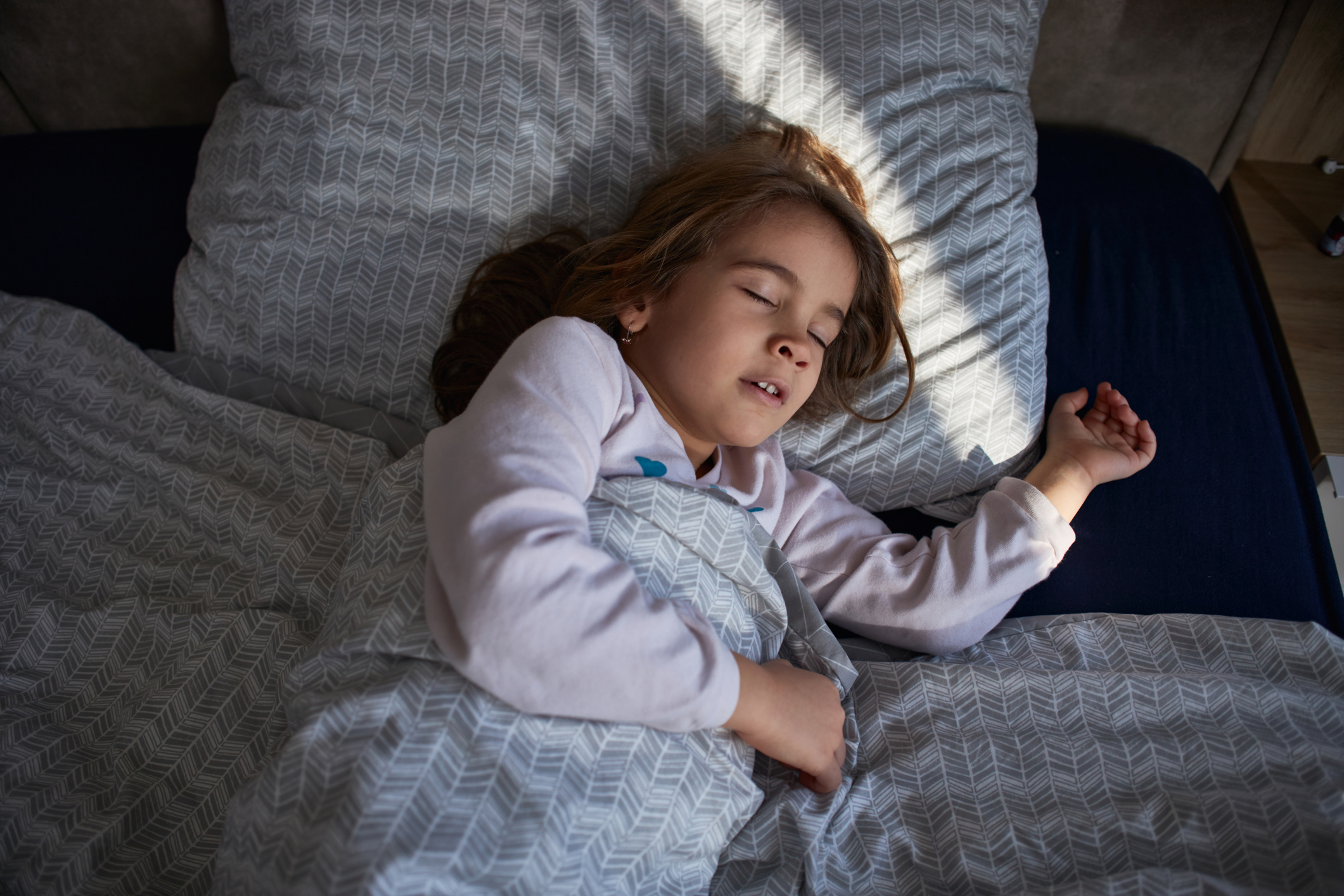Sleep is a vital component of a child's development, impacting their physical health, emotional well-being, and cognitive abilities. However, sleep disorders can disrupt this essential process, leading to a range of issues. As dental professionals, we often encounter signs of sleep disorders in children during routine check-ups. This blog post aims to shed light on the signs and symptoms of sleep disorders in children, helping parents and caregivers recognize potential issues early.
What Are Sleep Disorders?
Sleep disorders encompass a variety of conditions that affect the quality, timing, and duration of sleep. In children, these disorders can manifest in several ways, impacting their daily life and overall health. Common sleep disorders in children include obstructive sleep apnea (OSA), insomnia, restless legs syndrome, and parasomnias such as sleepwalking or night terrors.
Signs and Symptoms of Sleep Disorders in Children
Recognizing the signs of sleep disorders in children can be challenging, as symptoms often overlap with other common childhood issues. However, certain indicators can suggest a sleep-related problem.
1. Snoring and Breathing Issues
- Loud Snoring: Persistent, loud snoring is a common sign of obstructive sleep apnea. While occasional snoring is normal, consistent snoring should be evaluated.
- Pauses in Breathing: Observing pauses in breathing or gasping for air during sleep can indicate OSA.
- Mouth Breathing: Chronic mouth breathing, especially during sleep, may suggest airway obstruction.
2. Behavioral and Emotional Changes
- Irritability and Mood Swings: Lack of restful sleep can lead to increased irritability and moodiness.
- Hyperactivity: Some children may exhibit hyperactive behavior, which can be mistaken for ADHD.
- Difficulty Concentrating: Sleep deprivation can impair cognitive functions, leading to attention and concentration issues.
3. Daytime Sleepiness and Fatigue
- Excessive Daytime Sleepiness: Children with sleep disorders may struggle to stay awake during the day, affecting their school performance.
- Frequent Napping: While naps are normal for young children, excessive napping in older children may indicate a sleep problem.
4. Physical Symptoms
- Night Sweats: Excessive sweating during sleep can be a sign of disrupted sleep patterns.
- Bedwetting: While common in younger children, persistent bedwetting in older children may be linked to sleep disorders.
- Teeth Grinding (Bruxism): Grinding teeth during sleep can be associated with stress or sleep apnea.
The Role of Dental Professionals
Dentists play a crucial role in identifying potential sleep disorders in children. During routine dental exams, we can observe signs such as teeth grinding, mouth breathing, and jaw alignment issues that may indicate a sleep disorder. Early detection allows for timely intervention, improving the child's quality of life.
When to Seek Professional Help
If you notice any of the above signs or symptoms in your child, it is essential to consult with a healthcare professional. A comprehensive evaluation by a pediatrician, sleep specialist, or dentist can help diagnose the issue and determine the appropriate treatment.
Conclusion
Sleep disorders in children are more common than many realize, and early detection is key to effective management. By understanding the signs and symptoms, parents and caregivers can take proactive steps to ensure their child receives the necessary care. As dental professionals, we are committed to supporting families in recognizing and addressing these issues, contributing to healthier, happier children.
For more information or to schedule a consultation, please contact your local dental sleep apnea office. Your child's health and well-being are our top priorities.

